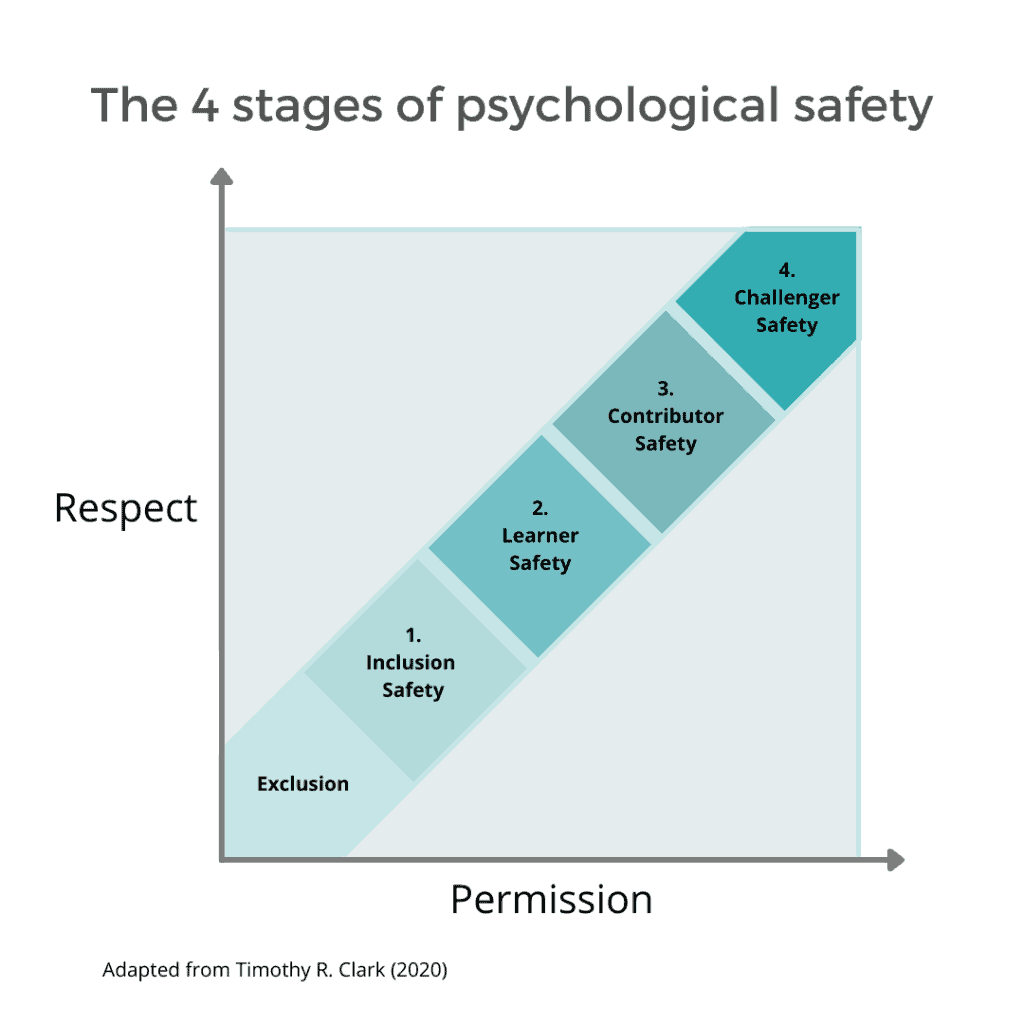Is Your Team Afraid to Fail at Innovation?
It’s generally accepted that a by-product of innovation is failure. And no one wants to be the one that failed. Ever.
Customized Learning and Team Development
I am sitting in a check-in meeting with the Chief and Deputy Chief Audit Officers.
Over the past few months, we’d taken their entire internal audit team through a customized learning and team development program designed to foster a culture of innovation and shift the thinking and practice of risk-taking.
The program’s focus was to teach creative problem-solving so that officers could apply it to how they plan for audits, guide clients through the audit process and influence changes that would challenge the status quo on risk.
Their organization had recently rewritten their Corporate Risk Profile to include the following observation:
Innovation is critical to how we deliver our mandate. If we want to be more innovative, we must increase our tolerance for risk and take more risks.
Back to the meeting:
“That’s an interesting question”, I said. “What’s motivating your thinking?”
They were observing an unanticipated outcome from the team’s application of creative problem solving to their work.
The team was doing a great job moving through the problem-solving steps—orchestrating with mechanical precision.
But the ideas they were generating were variations of what was already familiar—their ideas lacked originality. No one was offering wild or unusual ideas that challenged status quo or made anyone squirm. There’s no innovation if everything’s the same and nothing to change.

“If they can’t challenge how we approach audits, how will they guide clients to challenge their thinking on risk? And how do we help corporate leaders change how they approach risk given our new Corporate Risk Profile?”
Good questions.
And Questions answered only through creative problem-solving.

Reconceiving Risk-Taking and Failure
Working together, we tackled the problem: How might we reconceive risk-taking and failure in the audit function? And, after agreeing on our success criteria, I explored the options and prototyped a solution.
Mistakes and failure come with the territory of innovation. There’s much to learn from them.
But purposely setting a team up to fail wouldn’t get us to the desired outcome. We wanted a team of confident auditors in a new role to challenge the status quo and encourage risk-taking.
Psychological safety is critical to learning and a necessary component of innovation – it’s the enabler to challenge the status quo and take risks.

Team members cultured to sniff out and stamp out risk are not running into the fire of innovation.
Given the workplace was the classroom, I needed to design a learning experience that would model how to challenge the status quo while at the same time creating insights and awareness of individual and team bias to risk-taking.
The solution was a highly interactive, 3-hour discovery-based learning workshop to explore personal perceptions about doing things differently, taking risks and embracing failure.

Innovation is a learning process. Fostering a culture of innovation and changing individual behaviour takes more than training. By observing what they noticed as they asked their team to apply their training, these leaders recognized an opportunity to bridge the gap between skills and behaviour.
Bottom Line:
In the end, the idea to “get them to fail” wasn’t the solution. But building a safety net that would allow them to step out of their comfort zones into new, unexplored territory was.
If you’ve got a team, a change to make—and a need for better results, let’s talk about how together we can get your team achieving more than you ever thought possible.


